

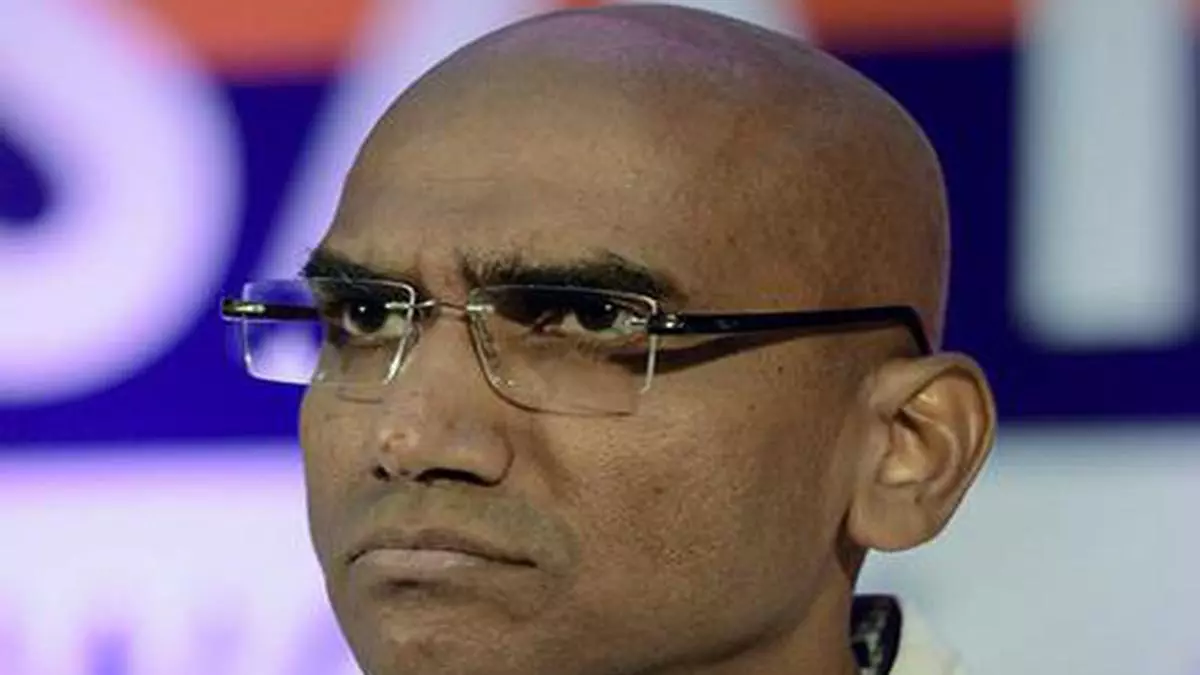
Former IPS officer R.S. Praveen Kumar made the decision to join the Bharat Rashtra Samithi (BRS) after resigning from the Bahujan Samaj Party (BSP) due to pressure from BSP chief Mayawati to break their alliance with the BRS. Kumar, who aligns with the Bahujan ideology, refused an offer from Chief Minister Revanth Reddy and joined the BRS with no expectations. He is committed to the reconstruction of Telangana and fighting for people's welfare.
R. S. Praveen Kumar Joins Bharat Rashtra Samithi (BRS)
Background:
R. S. Praveen Kumar is a former Indian Police Service (IPS) officer who has made a significant mark in the political landscape of Telangana. Kumar, who belongs to the Dalit community, initially joined the Bahujan Samaj Party (BSP) in 2018. However, he recently resigned from BSP due to the party's decision to break its alliance with the ruling Bharat Rashtra Samithi (BRS).
Recent Developments:
On May 12, 2023, Praveen Kumar officially joined the BRS in the presence of party president and Telangana Chief Minister K. Chandrashekar Rao. This move came after Kumar received an invitation from Rao and held several rounds of discussions with BRS leaders.
Kumar stated that he aligns with the Bahujan ideology and that the BRS has shown a strong commitment to the welfare of the marginalized communities. He also expressed his belief that the BRS can effectively address the developmental needs of Telangana.
Top 5 FAQs:
Kumar resigned from BSP due to pressure from party chief Mayawati to break the alliance with BRS.
Chief Minister K. Chandrashekar Rao offered Kumar a position in TRS, but Kumar declined, citing his loyalty to the Bahujan ideology.
Kumar has stated that he has no expectations and is committed to the reconstruction of Telangana and fighting for people's welfare.
Kumar's joining of BRS is seen as a significant development that could strengthen the party's base among Dalit and marginalized communities.
Kumar has expressed his intention to work hard for the development of Telangana and to fight for the rights of the people. He is expected to play a key role in BRS's upcoming electoral campaigns.
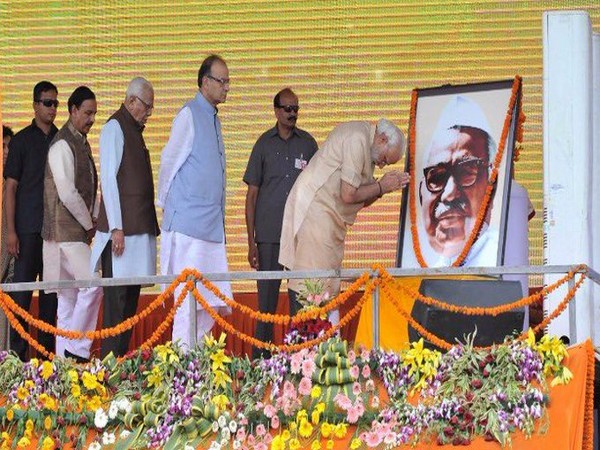
Prime Minister Narendra Modi expressed his admiration and respect for Babu Jagjivan Ram on his birth anniversary, highlighting the former Deputy Prime Minister's tireless efforts in fighting for the rights of the underprivileged and his contributions to the nation's progress. In a video message, PM Modi also recalled Jagjivan Ram's role in the 1971 India-Pakistan war, stating that he was a strong advocate for a democratic and powerful India. This tribute serves as a reminder of the legacy and impact of Babu Jagjivan Ram's lifelong struggle for social justice and equality.
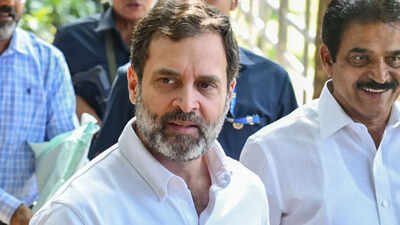
Congress leader Mallikarjun Kharge strongly urged the government to begin the decadal census, last done in 2011, and the caste census without any further delay. He pointed out that the government's decision to indefinitely postpone the census will have serious consequences. Kharge also highlighted the importance of census data in shaping policies and welfare programs and demanded that other castes be included in the census besides the Scheduled Castes and Scheduled Tribes. He urged the government to take urgent action as this delay is leaving millions of people out of welfare schemes and hindering effective decision-making.
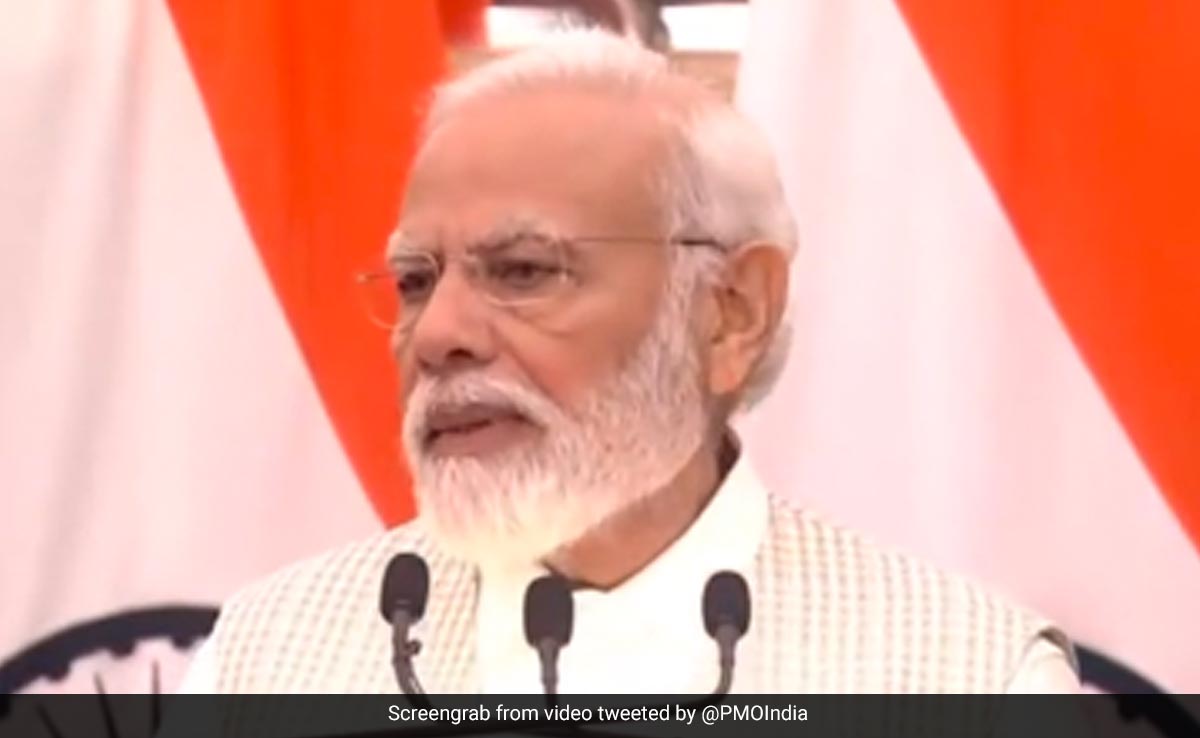
On the occasion of National Maritime Day, Prime Minister Narendra Modi took to social media to express his appreciation for India's rich maritime history and the crucial role it plays in nation-building. He also reaffirmed the government's commitment to further strengthening the maritime sector and ports for the progress of the country.
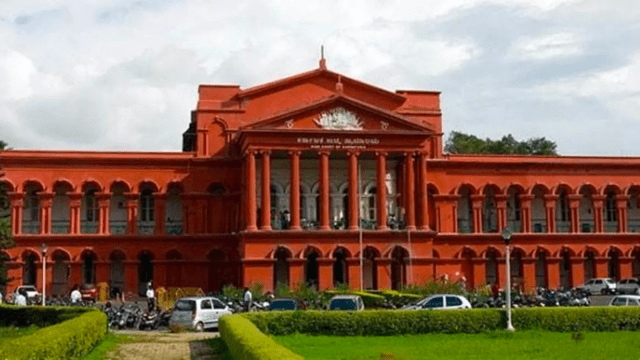
The Karnataka High Court has denied interim relief to social media giant X Corp in its petition challenging the government's new content-blocking mechanism. X Corp argued that the mechanism, set up through the Sahyog portal, does not comply with the safeguards mandated by Section 69A of the Information Technology Act. The Court has posted the matter for final hearing in April and has urged both parties to comply with Indian law.
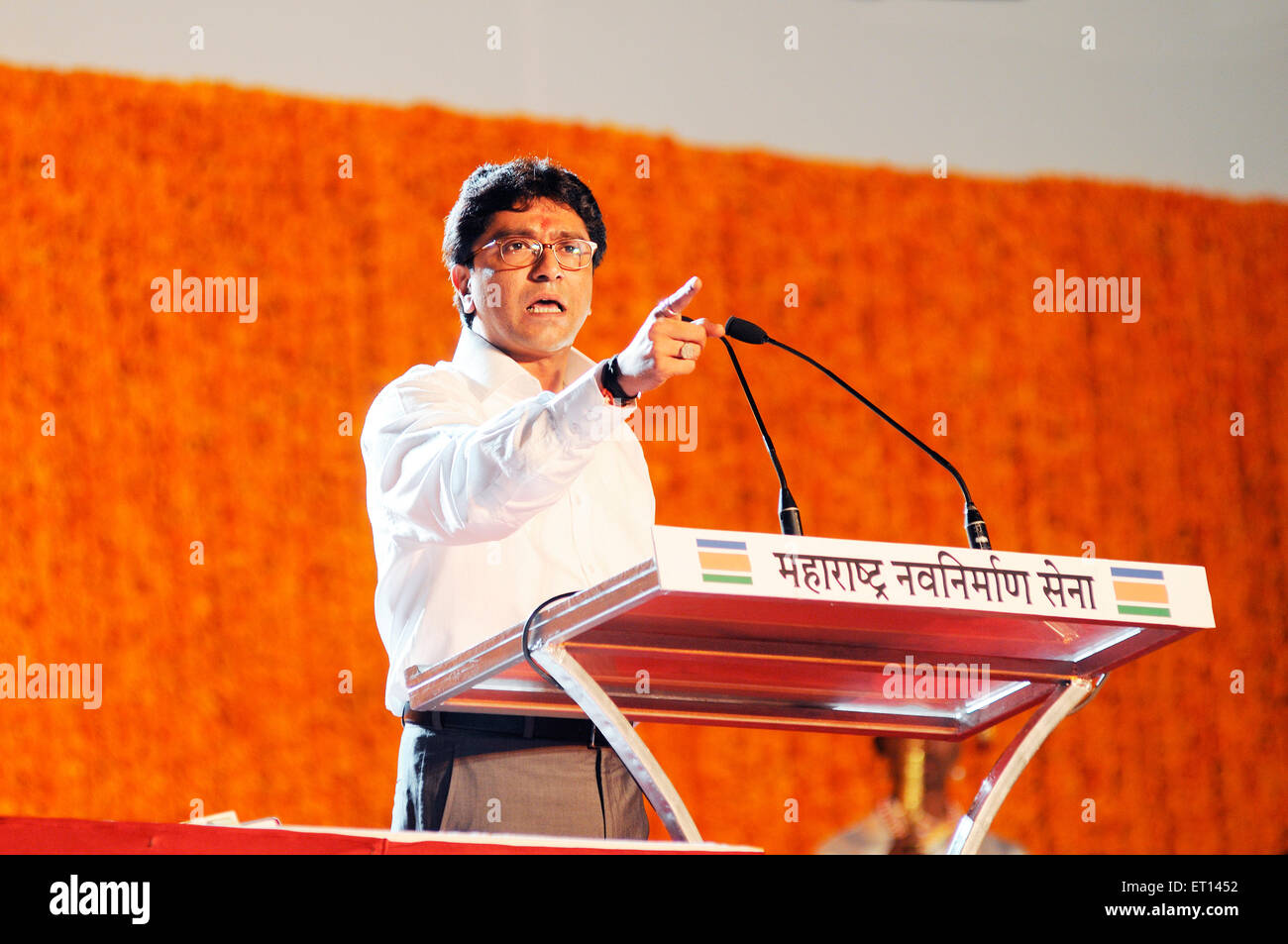
Amidst a series of incidents involving MNS activists resorting to violence against non-Marathi speakers, party chief Raj Thackeray has declared a revival of the party's "Mi Marathi" campaign. The ruling Mahayuti and opposition MVA parties have remained cautious in their reactions, with Chief Minister Devendra Fadnavis stating that demanding Marathi in Maharashtra is not wrong but violence will not be tolerated. While the BJP is reportedly backing the MNS for the upcoming BMC polls, former NCP minister believes it is a ploy to weaken the Shiv Sena-led alliance. The MNS, which has been struggling in the state elections, has found an opportunity to regain political relevance under Thackeray's leadership.
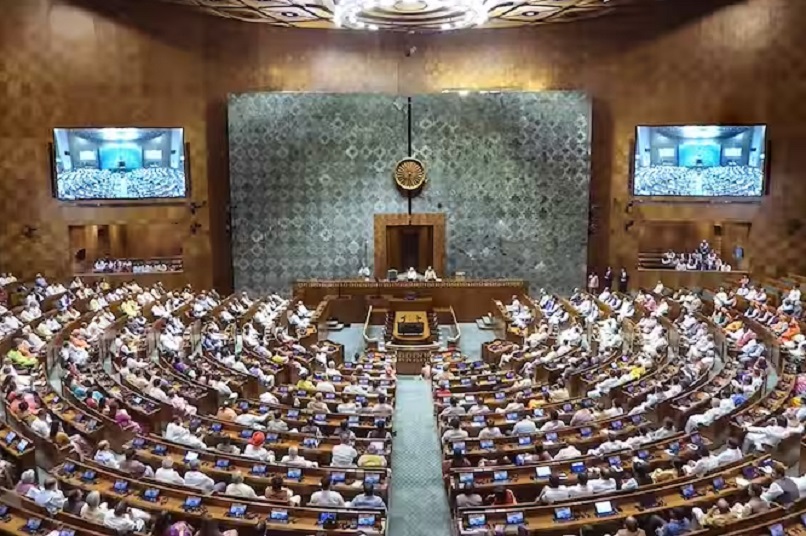
The Waqf Amendment Bill 2025 was passed by Parliament after a 13-hour long debate in the Rajya Sabha. The government hailed it as a "historic reform" for the benefit of the minority community, while the opposition criticized it as "anti-Muslim" and "unconstitutional". The revised bill, which aims to enhance the management and registration process of waqf properties, was approved by both Houses of Parliament and awaits presidential assent to become law. The Union Minority Affairs Minister noted that the Joint Parliamentary Committee's consultation process for this bill was the largest in India's democratic history, receiving over 97 lakh petitions and opinions from various stakeholders.
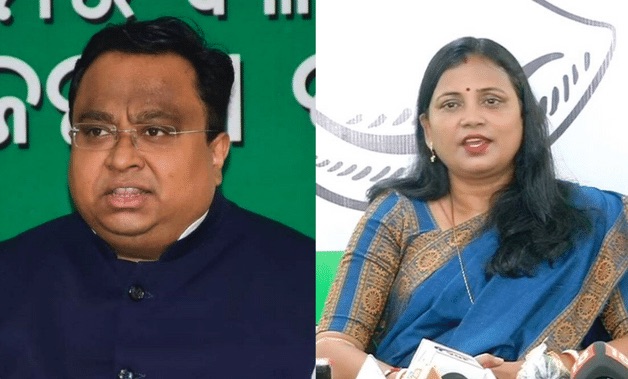
In a surprising turn of events, the ruling Biju Janata Dal (BJD) allowed its seven Rajya Sabha MPs to vote their conscience instead of following the party whip, resulting in the passage of the controversial Waqf (Amendment) Bill in the Upper House. The final tally of 128 in favour and 95 against exposes divisions within the Opposition, with some parties raising concerns about the bill's potential impact on minority communities. BJD's decision to allow a free vote was driven by the party's sensitivity towards various sections of the minority community.

After Rajya Sabha passed the Waqf Amendment Bill with 128 votes in favour and 95 opposing it, JDU Minority Secretary Shah Nawaz Malik resigned from the party and other posts in protest against the party's stand on the bill. He stated that the party's support for the bill was a betrayal of Indian Muslims and went against their belief in the party's secular ideology. The bill, which aims to enhance the administration and management of waqf properties, is facing widespread opposition from the minority community, with the Grand Mufti of Jammu and Kashmir, Mufti Nasir-ul-Islam, calling it anti-Muslim and stating that the community is planning to challenge it in the Supreme Court.

Tamil Nadu Chief Minister MK Stalin has declared that his political party, the DMK, will challenge the recently passed Waqf Bill in the Supreme Court. The CM condemned the passing of the amendment at 2 am, alleging pressure from a few allies, despite opposition from most parties in India. He also highlighted that the state Assembly has already passed a resolution opposing the amendment, and that a case will be filed in the Supreme Court on behalf of the DMK. The Waqf Bill seeks to improve the administration and management of waqf properties in India, but its passing has been met with criticism and opposition.
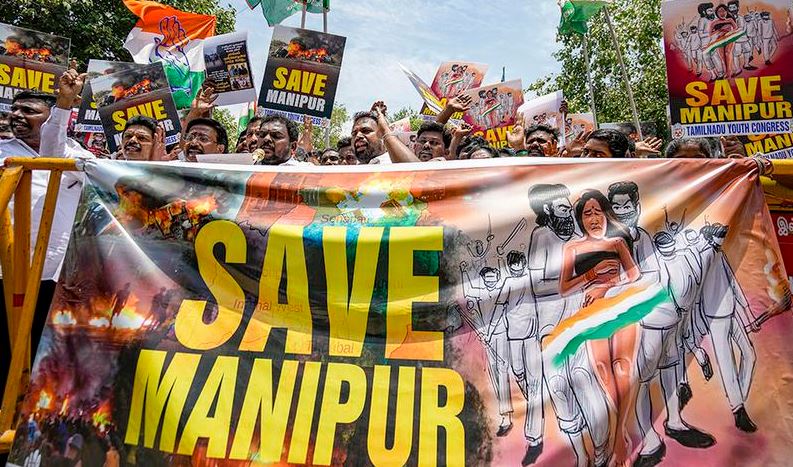
The Lok Sabha was in session until the early hours of the morning, debating and passing important bills. However, amidst the proceedings, the government initiated a short discussion on the proclamation of President's Rule in Manipur at 2 AM which lasted only 41 minutes. The Opposition was surprised and protested, but the Speaker allowed the discussion to continue. Congress MP Shashi Tharoor, in his speech, highlighted the failures of the government in maintaining law and order in Manipur and questioned the timing and necessity of the President's Rule.